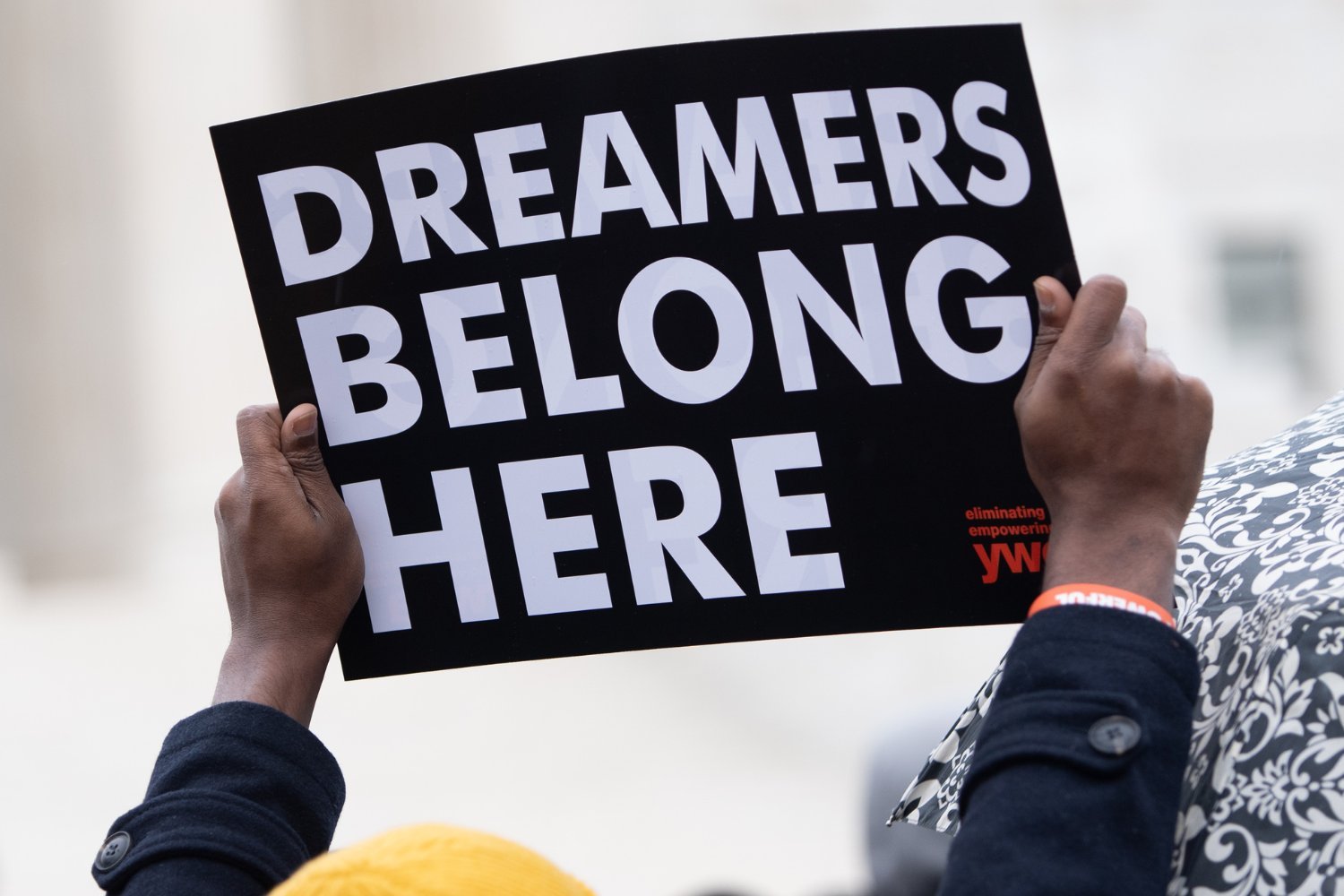A recent federal court ruling has temporarily blocked a Biden administration policy that would have granted many DACA recipients access to health insurance through the Affordable Care Act (ACA) marketplaces. This decision deals a blow to eligible immigrants in 19 states who were anticipating access to affordable healthcare.
This injunction, issued by Judge Daniel Traynor of the U.S. District Court in North Dakota, stems from a lawsuit filed by Republican attorneys general in 19 states. The legal challenge contests the Biden administration’s expansion of healthcare access to DACA recipients and other young immigrants. The block will remain until the lawsuit proceeds to trial, leaving many Dreamers in a precarious healthcare situation. This development comes at a time of renewed uncertainty surrounding the future of the DACA program under a second Trump administration.
The Biden administration’s rule, implemented earlier this year, aimed to expand Medicaid and ACA marketplace eligibility to DACA recipients and other qualified young immigrants, potentially impacting over 140,000 individuals. This move drew criticism from Republican lawmakers who viewed it as executive overreach. The lawsuit, spearheaded by attorneys general from Kansas and North Dakota, argues against the legality of the policy. Judge Traynor, a Trump appointee, sided with the plaintiffs, issuing the preliminary injunction that prevents eligible immigrants in the affected states from accessing ACA-provided insurance. Immigration advocates have expressed strong disapproval of the decision. The National Immigration Law Center has vowed to continue its legal fight to secure healthcare access for DACA recipients.
DACA (Deferred Action for Childhood Arrivals) protects undocumented immigrants brought to the U.S. as children who have resided in the country without significant legal issues. A clean record, free of felonies or serious misdemeanors, is a key requirement for DACA enrollment. These individuals, often referred to as Dreamers, are named after the DREAM Act, a proposed legislation that aimed to offer a path to permanent residency. Despite repeated attempts, the DREAM Act has not been enacted into law. In 2012, President Obama established DACA as a temporary measure through executive order, providing some Dreamers with protection from deportation and the ability to apply for work permits.
Unlike the DREAM Act, DACA does not provide a pathway to legal residency, and recipients must renew their status every two years. A significant number of young immigrants remain ineligible for DACA, with only an estimated 530,000 out of 3.5 million currently enrolled in the program. DACA recipients face various disadvantages compared to U.S. citizens, including limited access to healthcare. The Biden administration’s blocked policy was intended to address this disparity.
Even before this legal setback, the future of DACA and its recipients remained uncertain, particularly with the prospect of a second Trump term. During his first term, President Trump attempted to dismantle DACA, but his efforts were ultimately blocked by the U.S. Supreme Court. However, the Court’s decision did not address the underlying legality of the program. Several lawsuits are currently making their way through lower courts, potentially leading to another Supreme Court review. With the Court’s composition shifting further to the right, the long-term viability of DACA remains in question. This latest court ruling further complicates the healthcare landscape for Dreamers, underscoring the ongoing challenges faced by this vulnerable population.











